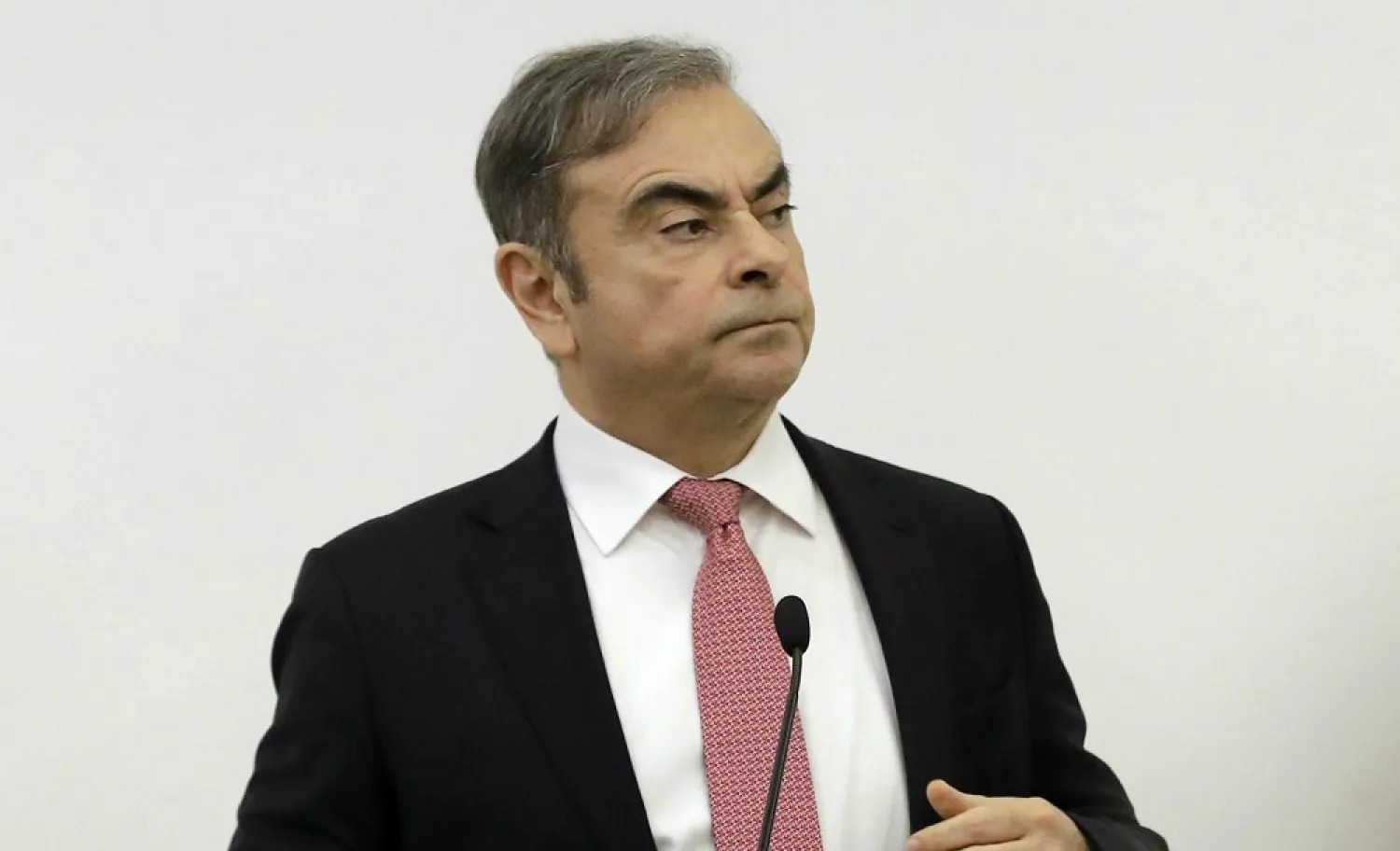A father and son suspected of helping fugitive former Nissan chief Carlos Ghosn flee Japan in December have been arrested in the United States, according to court documents.
Michael Taylor, a 59-year-old former Green Beret and private security specialist, and Peter Taylor, 27, are wanted by Japan on charges that they helped Ghosn escape the country in December after he was released on bail. A third man, George-Antoine Zayek, is also wanted by Japan in connection to the escape.
The Taylors were arrested by the US Marshals Service in Harvard, Massachusetts, Justice Department spokeswoman Nicole Navas said. Peter Taylor was arrested in Boston as he prepared to travel to Lebanon.
They pose a flight risk and must remain in detention as the US awaits a formal extradition request from Japan, prosecutors said in the documents.
“The very offense for which Michael Taylor is charged in Japan demonstrates his aptitude for hatching escape plans on a grand scale and his blatant disrespect for bond conditions,” they said in a court filing.
Earlier this month, Turkish prosecutors prepared an indictment charging seven people, including four pilots, over Ghosn’s escape via Istanbul to Beirut.
Ghosn said he fled because he could not expect a fair trial, was subjected to unfair conditions in detention and was barred from meeting his wife under his bail conditions.
He has said he is innocent of allegations he under-reported his future income and committed a breach of trust by diverting Nissan money for his personal gain. He says the compensation was never decided on or received, and that the Nissan payments were for legitimate business purposes.
Peter Taylor had traveled to Japan at least three times since July 2019 and met with Ghosn at least seven times during those visits, according to court records. Surveillance footage shows that a day before Ghosn's escape, Peter Taylor met with him at the Grand Hyatt Tokyo for about an hour, authorities said.
The next day, Michael Taylor flew into Japan on a private jet from the United Arab Emirates with another man, George-Antoine Zayek, and they brought two large black boxes, claiming to be musicians carrying audio equipment, according to court papers. While they were en route, Ghosn was returning to the Grand Hyatt hotel room, officials said.
After Michael Taylor and Zayek arrived at the hotel, Peter Taylor left for the airport, where he boarded a flight to China, court documents said.
The rest of the men went to another hotel, and later left lugging Ghosn in one of the boxes and made for Japan's Kansai International Airport, authorities said. The luggage passed through a security checkpoint without being checked and was loaded onto a private jet headed for Turkey, the documents say. Two days later, Ghosn announced publicly he was in Lebanon.
Japanese officials had also issued a provisional warrant for Zayek’s arrest.
Lebanese authorities said Ghosn entered the country legally on a French passport, though he had been required to surrender all three of his passports to his lawyers under terms of his bail. He also has Brazilian and Lebanese citizenship.









